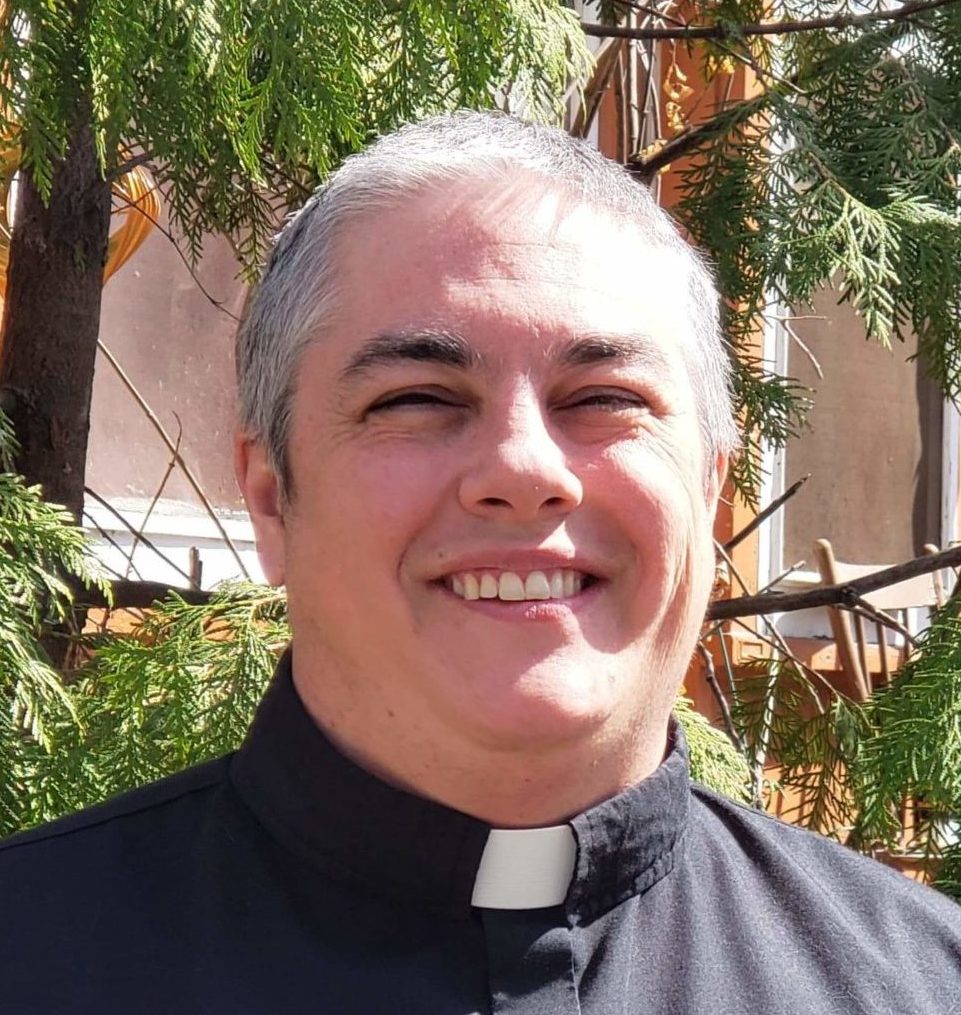
Silence is a double-edged sword. It can be equally beautiful and comforting as dangerous and scary.
There are moments in life where being silent or sitting in quiet can be important. In church liturgy there are various periods of silence strategically placed throughout a worship service so that a person has time to reflect on what has been said, to meditate and to pray, and to open their heart to God.
Sitting in a silent vigil next to a dying friend’s bed can be quite powerful for both people. While it may take time to acclimate yourself to simply sitting in silence with another person (plenty of people find silent pauses uncomfortable), allowing for that quiet to permeate the room can bring moments of reflection, meditation, and prayer similar to those found in a worship service.
Jonathan Bartels, a registered nurse in the US, created the “medical pause.” This event is a moment of silence taken by medical staff and friends and family of the patient immediately after death. This sacred moment of silence “allows individuals to personalise their practice while not imposing onto others,” and is a “means of honouring a person’s last rite of passage.”
These silent moments are precious, beautiful, and comforting. They break up our busy lives, give us time to hear our own thoughts, and they can reconnect us to God. These golden moments can be tranquil and healing and are sometimes so rare that when they do happen, one needs to take hold of them and cherish them.
However, silence has a dark side to it, as well. While there are times in our lives when silence is required, an imposed silence has a very different feeling. When a silence is imposed, it means there is a voice that has been silenced. Perhaps someone is making decisions for another person without consulting with them. Perhaps a voice is silenced by passive aggressive comments. More than likely, this imposed silence means that not all voices are being heard. Who is it that we are listening to and who is it that we are silencing?
Being unable to tell your story could mean life or death. A person being abused, especially a woman being sexually abused, is often silenced by dismissing comments or outright declarations of denial by others. The victim’s voice gets lost in the noise generated to protect the abuser.
A transgender person living stealth will be in constant fear that their secret will be discovered. It only takes one slip of the tongue or one tiny rumour to destroy a person’s life and possibly cause death, whether by their own hand or another’s.
These are only two examples of people being silenced in one way or another.
The only thing worse than voices being silenced are the bystanders who remain silent.
This quote has been attributed to Desmond Tutu: “If you are neutral in situations of injustice, you have chosen the side of the oppressor.” By silencing your own voice in situations of abuse or intolerance, you are encouraging harassment, bullying, dismissal, and humiliation. So, whose voice is being labelled as more important? And who is it that is being silenced?
We as bystanders need to break the silence and change the course of history. Breaking the silence can change laws and as a result change a person’s life—maybe even save a life.
This all brings to mind Simon and Garfunkel’s song “Sound of Silence,” particularly this verse:
And in the naked light, I saw
Ten thousand people, maybe more
People talking without speaking
People hearing without listening
People writing songs that voices never shared And no one dared
Disturb the sound of silence
We have become accustomed to the evil around us, desensitized to the point that we no longer raise our voices against cruelty and injustice. No longer do we dare “disturb the sound of silence.” Instead, it has become easier to turn the other cheek and allow the voices around us to be silenced. If we ignore a problem, it will simply go away, right?
Clinical Pastoral Care students are taught that a silent listener is important for voices to be heard. That is what we need to be today – silent listeners. Space needs to be given to all the voices who have been silenced over the years. To do this, we need to shed our indifference and stand beside those who have been silenced, historically and presently.
We can no longer be bystanders while victims of harassment, abuse, and violence are placated with half-promises and told to keep silent about events that have unfolded. We can no longer be indifferent as death tolls rise from murder and suicide. It is long past the time for silent voices to be given the space they need in order to speak up against cruelty and injustice. It is time for those of us who have a voice, to speak up for those who have been silenced. It could mean the difference between life and death.






